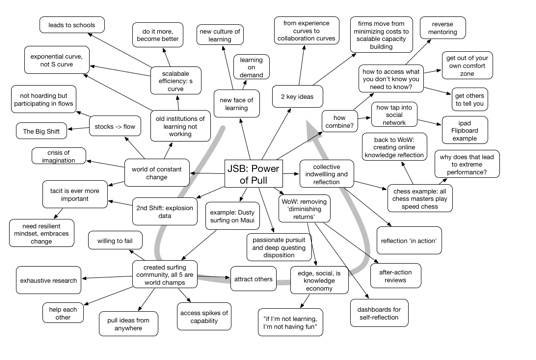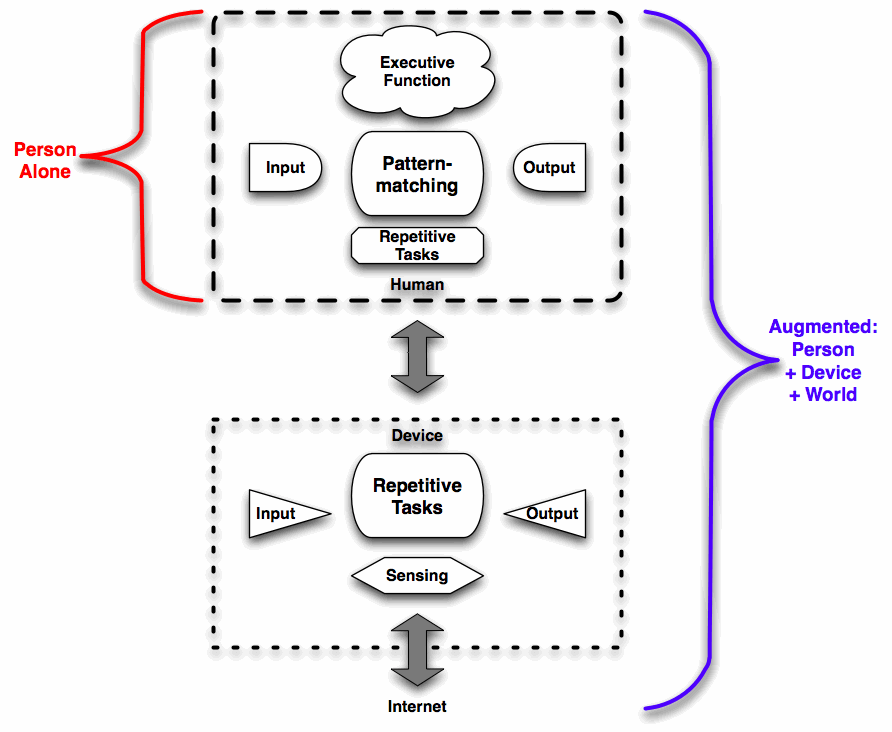 As my colleagues Harold and Jane have done, I thought I’d capture my learning journey that led me to the Internet Time Alliance. I started out seeing the connection between computers and learning as an undergraduate, and designed my own degree. My first job out of college was designing and programming educational computer games, which led me back to graduate school and a Ph.D. in applied cognitive science to find out how to design learning solutions better.
As my colleagues Harold and Jane have done, I thought I’d capture my learning journey that led me to the Internet Time Alliance. I started out seeing the connection between computers and learning as an undergraduate, and designed my own degree. My first job out of college was designing and programming educational computer games, which led me back to graduate school and a Ph.D. in applied cognitive science to find out how to design learning solutions better.
That has been a recurrent theme across academic endeavors, some government-sponsored initiatives, and an internet startup: designing solutions that are innovative and yet pragmatic. It was really brought home to me when we were recently discussing a new initiative, and while my colleagues were looking at the business opportunities, my mind was racing off figuring out how to design it.
This continued in my consulting, where I moved from designing the individual solutions to designing the processes and structures to reliably deliver quality learning experience design, what I’ve called learning experience design strategy. However, as I’ve worked with organizations looking to move to the ‘next level’, as happened with and through some of my clients, I regularly found a recurrent pattern, that integrated formal learning with performance support and eCommunity (and some other steps).
So I was focusing on trying to help organizations look at the bigger picture. And what I recognized is that most organizations were neglecting eCommunity the most, yet as I learned more about this from my colleague Jay Cross, the social and informal learning were the big and missed opportunity. When Jay started talked about grouping together to address this part of the space, it made perfect sense to me. The opportunities to have large impacts with challenging but not costly investments is a natural. So here I am. Based upon my previous work on games and now mobile, there are some design strategy opportunities that fall to Quinnovation, but I’m eager to help organizations through ITA as well. Hope to talk to you in the new year about whatever is relevant for you from here.



